Shein, a Chinese fast-fashion brand, has become increasingly popular in recent years, with its trendy and extremely affordable clothing attracting a large customer base around the world. However, the brand has also faced criticism and controversy for its business practices and the impact of its products on the environment and labour conditions. In this article, I will explore the problem with Shein.
Exploiting Labourers
Firstly, Shein has been accused of exploiting cheap labour in developing countries to produce their clothes. According to a report by the Business and Human Rights Resource Centre, Shein has been linked to several factories in Bangladesh and India that have been found to violate workers' rights, including low wages, long working hours, and unsafe working conditions. Shein has also been criticized for its lack of transparency regarding its supply chain, making it difficult to trace the origin of its products and the working conditions of its employees.
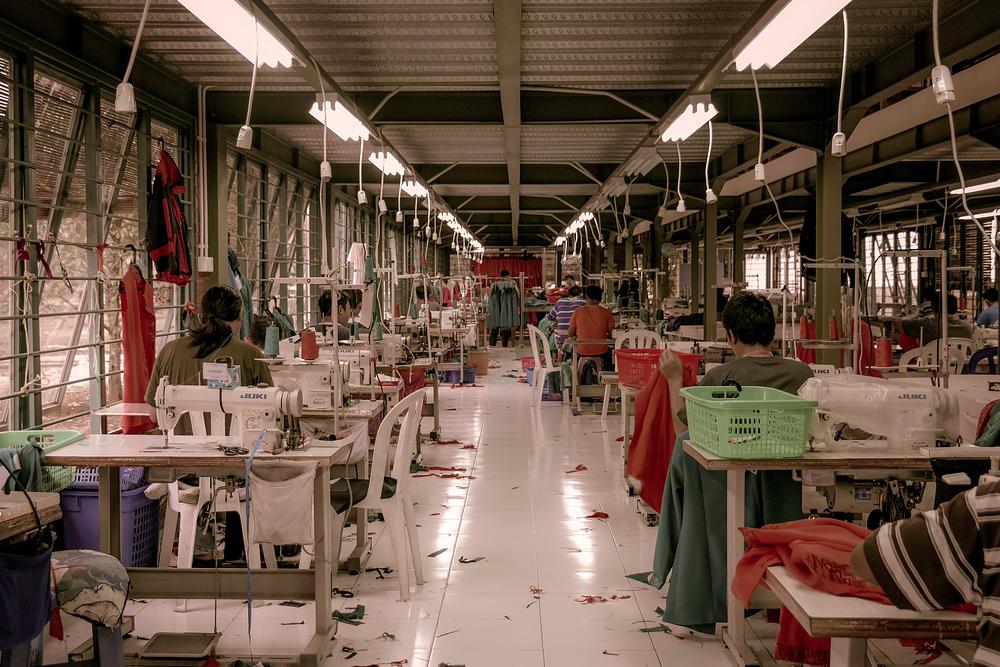
Over-production
Moreover, Shein's fast-fashion business model contributes to the massive amount of waste generated by the fashion industry. Shein produces a vast amount of clothes that are quickly consumed and disposed of, leading to the depletion of resources and the accumulation of textile waste. The fast-paced nature of the fashion industry also puts pressure on workers to produce clothing at an unsustainable rate, leading to a lack of attention to detail and quality control.

Quality and Material
Additionally, Shein's products have been found to contain harmful chemicals, including lead, which can have severe health effects on consumers. In 2020, the Norwegian Consumer Authority found high levels of lead in a Shein necklace, leading to a recall of the product. I have ordered from Shein once, and it is safe to say I was disappointed by the quality of the clothes.
You would much rather spend your money on something durable that would last and is made with the right fabric. The lack of regulations in the fashion industry makes it challenging to ensure the safety of products, and Shein's practices have raised concerns about the safety of its other products.
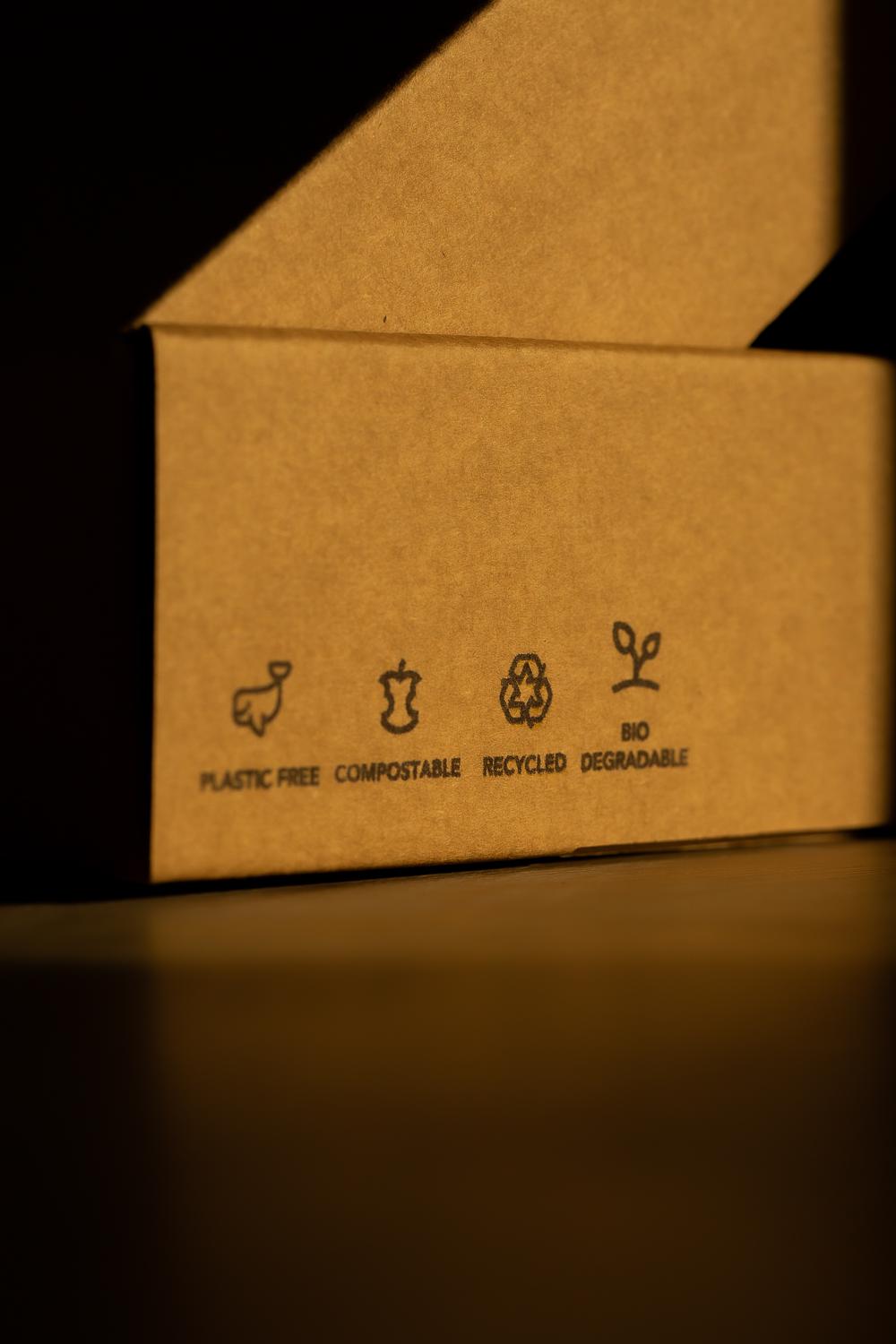
The surrounding controversy
Shein has also been accused of cultural appropriation for using traditional designs and symbols from various cultures without permission or acknowledgement. The brand has faced backlash for using religious symbols, indigenous patterns, and traditional clothing styles in its products. This raises questions about the ethics of profiting from cultural heritage and the importance of respecting and valuing diverse cultures.

Fast Fashion
Shein has also been known to create copies of other designs, which is unethical in the fashion industry, from Zara to Fashion Nova, but let us not forget these brands are, too, part of the fast fashion industry. Fast fashion is a business model that prioritizes rapid production and consumption of trendy clothing at low prices. The problem with fast fashion is its harmful impact on the environment, workers, and society.
The production of fast fashion consumes vast amounts of natural resources, emits greenhouse gases, and creates huge amounts of textile waste. Workers in fast fashion factories often work in unsafe and exploitative conditions, while consumers are encouraged to buy and discard clothes quickly, contributing to a culture of overconsumption and waste. Additionally, the low prices of fast fashion hide the true cost of production, which includes the exploitation of workers and damage to the environment.
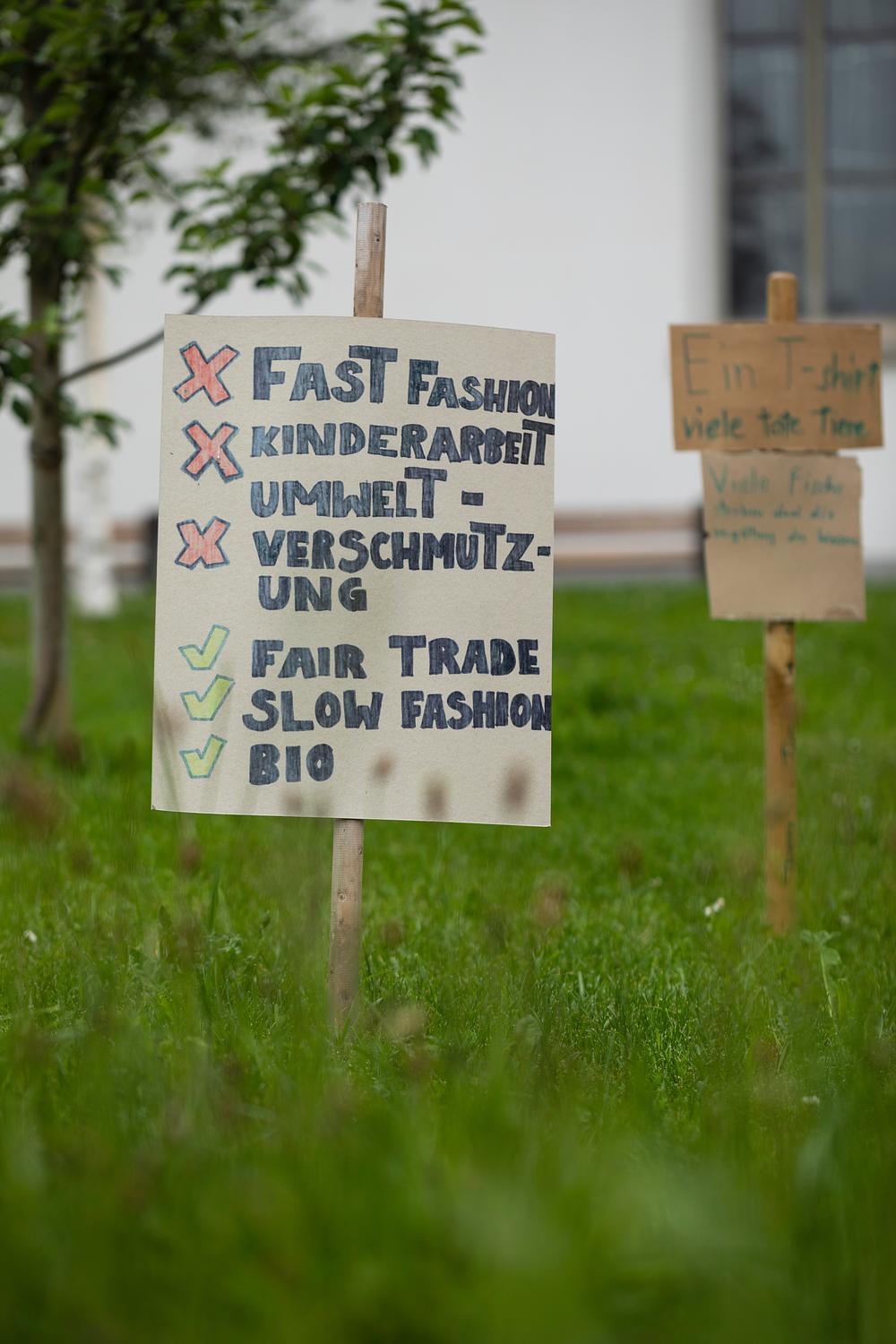
The problem with Shein lies in its exploitative business practices, contribution to environmental damage, and potential harm to consumers. As consumers, we can make a difference by supporting ethical and sustainable brands that prioritize transparency, fair labour practices, and environmental responsibility. It is essential to recognize the impact of our choices and demand accountability from companies like Shein to create a more just and sustainable fashion industry.
Sustainable fashion brands you must switch to
As the impact of the fashion industry on the environment becomes increasingly apparent, many consumers are turning to environmentally friendly fashion brands as a way to reduce their carbon footprint and support sustainable practices. These brands are committed to reducing their environmental impact while producing stylish and innovative clothing. I will now highlight some of the most environmentally friendly fashion brands that can still fit your style.

1. Reformation
Reformation is a brand that creates sustainable clothing from eco-friendly materials such as recycled polyester, Tencel, and organic cotton. They use a closed-loop system in their production process, meaning that water and materials are recycled and reused to reduce waste. The LA-based brand creates some of my favourite occasion dresses and staple denim pieces from upcycled and sustainable materials, and even recently launched its own recycled resale program, RefRecycling, so they can buy back your old Ref pieces to be created into new styles.
2. Patagonia
Patagonia is a well-known brand in the outdoor apparel industry that has been leading the way in sustainability for years. They use organic cotton, recycled materials, and environmentally friendly dyes in their clothing. Patagonia also takes back used clothing for recycling and repair, reducing the amount of waste generated by its products.
It is the best brand for consuming outdoor clothing, from moisture-wicking tees to water-repellant hiking shorts that won’t chafe (not to mention their famous fleeces and insulated jackets). The brand is our go-to for high-performing and high-quality clothing for all our favourite things to do outside.
3. Tentree
The company plants 10 trees for each item purchased and has a goal of planting one billion trees by 2030. (The company has planted over 70 million trees to date) The clothing is perfect for the activewear & loungewear lover and everything is made from varying sustainable fabrics like organic cotton and Tencel and crafted in Europe and India. As a certified B Corp, tentree upholds the highest standards for people and the planet in its manufacturing process.

4. Eileen Fisher
Eileen Fisher is a brand that has been committed to sustainability for over 30 years. They use organic cotton, recycled materials, and environmentally friendly dyes in their clothing. They also have a Renew program that takes back used clothing for recycling and repurposing, creating a circular economy for their products. The New York-based, employee-owned brand makes elevated wardrobe staples—like cropped cardigans and tank dresses, box tops and tapered pants—in stunning silhouettes, and from materials like organic linen, organic pima cotton, and responsible merino wool.
5. Avocado
The B Corp (which is also Climate Neutral Certified) crafts lush loungewear and super-soft basics, like cardigans, joggers, hoodies, tees, and more. They’re made from organic and sustainably grown cotton, biodegradable modal, and alpaca fibre sourced from a regenerative farm in Peru—and they’re all crafted with nontoxic dyes. The name is super cute as a bonus!
6. Thought
This UK brand’s eco-friendly fabrics like hemp, bamboo, and GOTS-certified organic cotton are made with sustainability in mind. Thought clothes are top quality, too, so you don’t need to wash them after wearing them just once. I am obsessed with the bright colours, stunning knits, stylish patterns and the fact that their price points are so reasonable.
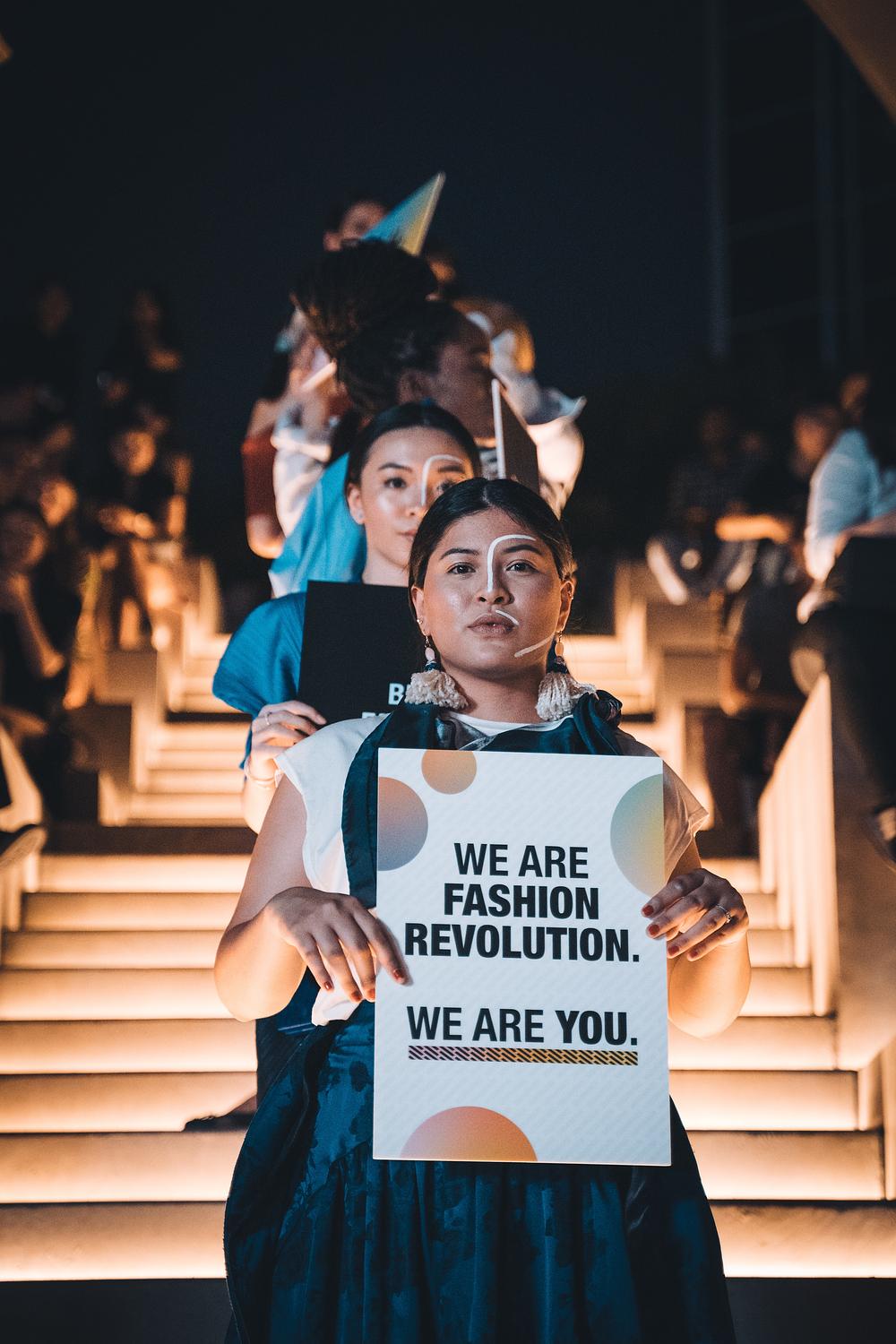
Environmentally friendly fashion brands are a great way to reduce your carbon footprint and support sustainable practices. These brands are committed to reducing their environmental impact while producing stylish and innovative clothing.
Overconsumption
The fast fashion industry has exploded in recent years, with new trends appearing on store shelves every week. As a result, people are buying more clothes than ever before and discarding them just as quickly. However, this consumption comes at a cost to both the environment and the people involved in the production process.
The production and transportation of clothing contribute to greenhouse gas emissions, water pollution, and waste. According to the World Resources Institute, the fashion industry is responsible for 10% of global carbon emissions and is the second-largest consumer of water worldwide. Additionally, the vast amount of waste generated by the industry, from discarded clothes to unsold inventory, contributes to the growing problem of landfill overcrowding.
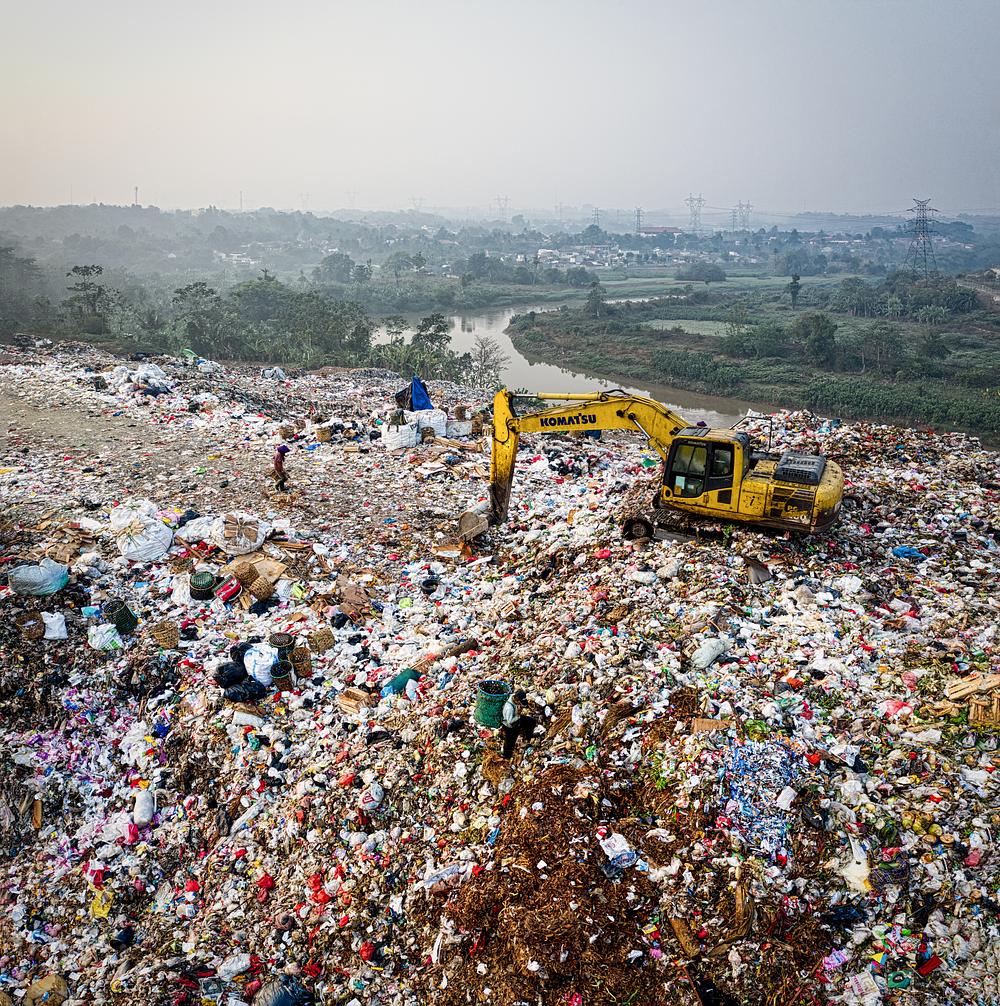
By reducing the number of clothes we consume, we can help reduce the environmental impact of the fashion industry and alleviate the exploitation of workers. One way to do this is to invest in high-quality, timeless pieces that can be worn for years rather than just one season. Shopping at thrift stores, swapping clothes with friends, and buying from sustainable fashion brands are all other ways to reduce consumption. Ultimately, this benefits not only the planet and the people involved in production but also ourselves as consumers.

As consumers, we have the power to make a difference by choosing to support these brands and demanding accountability from the fashion industry to create a more sustainable future.




